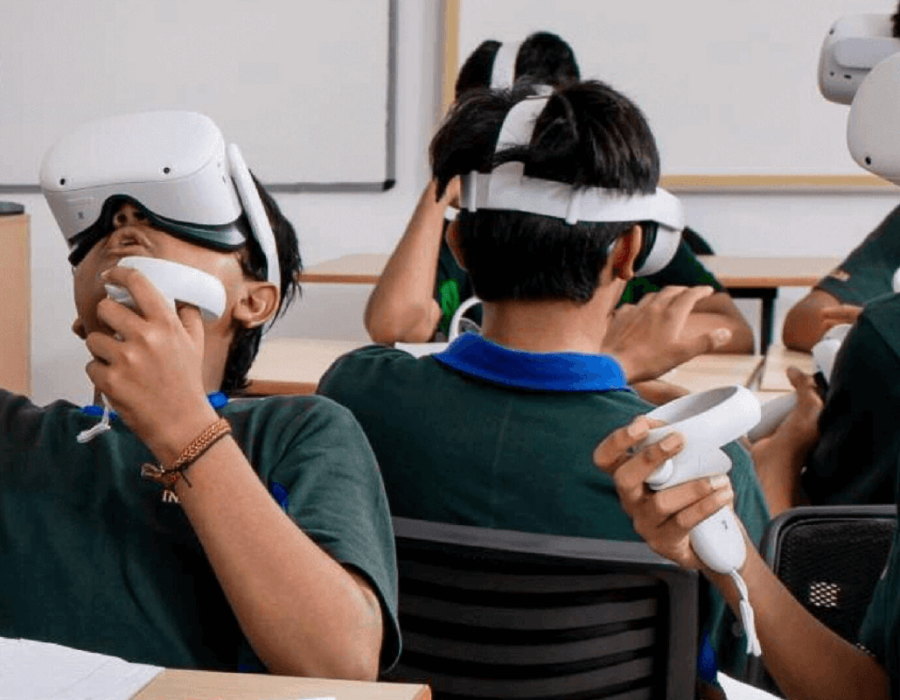In today’s fast-paced world, the importance of sports in a student’s life cannot be overstated. Engaging in sports activities is not just about physical health; it plays a crucial role in the overall development of students, contributing to their mental, emotional, and social well-being.
Physical Health Benefits
First and foremost, sports contribute significantly to maintaining physical health. Regular participation in sports helps students develop strong muscles and bones, enhance their cardiovascular health, and maintain a healthy weight. It also instills a habit of exercise, which is vital for a healthy lifestyle in the long run.
Mental and Emotional Well-being
Sports have a profound impact on mental health. They help reduce stress, anxiety, and depression by releasing endorphins, which are natural mood lifters. Moreover, participating in sports teaches students how to manage failure, handle stress, and maintain emotional balance. It fosters a sense of discipline, resilience, and the ability to work under pressure—skills that are invaluable in both academic and personal life.
Social Skills and Teamwork
Sports provide students with an opportunity to develop social skills and learn the value of teamwork. In team sports, students learn to collaborate, communicate effectively, and trust their peers. These experiences are essential in building strong relationships and preparing students for the cooperative work environments they will encounter in their future careers.
Leadership and Time Management
Sports also help students develop leadership qualities. Taking on roles such as team captain or coach encourages students to lead by example, make decisions, and motivate others. Additionally, balancing academics with sports teaches students the importance of time management and prioritizing tasks, which are critical skills for success in any field.
Sports and Academic Performance
Interestingly, there is a strong correlation between sports participation and academic performance. Studies have shown that students who engage in sports are more likely to perform well in academics. This is because sports help improve concentration, memory, and cognitive function. The discipline and focus required in sports are often translated into academic endeavors.
Conclusion
The holistic benefits of sports in a student’s life are undeniable. They contribute to physical health, mental well-being, social skills, leadership qualities, and even academic success. Schools that prioritize sports alongside academics are providing their students with a well-rounded education that prepares them for all aspects of life.
One such institution that exemplifies the integration of sports in its curriculum is Indus International School Bangalore. Indus International School Bangalore consistently ranks as the Best International School in Bangalore, offering a world-class IB curriculum that prepares students for global success.
The school recognizes the importance of sports in fostering well-rounded individuals and offers a wide range of sports activities to help students excel both on and off the field. By encouraging active participation in sports, Indus International School Bangalore ensures that its students develop the essential skills and qualities needed to thrive in the modern world.





Comments